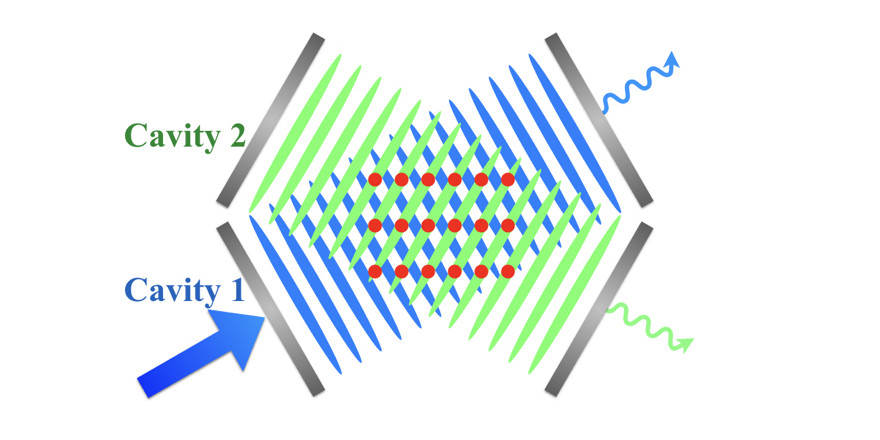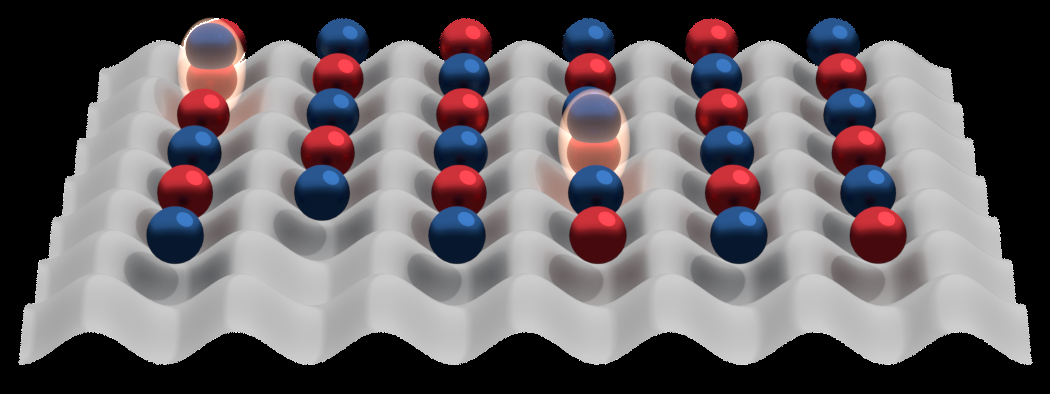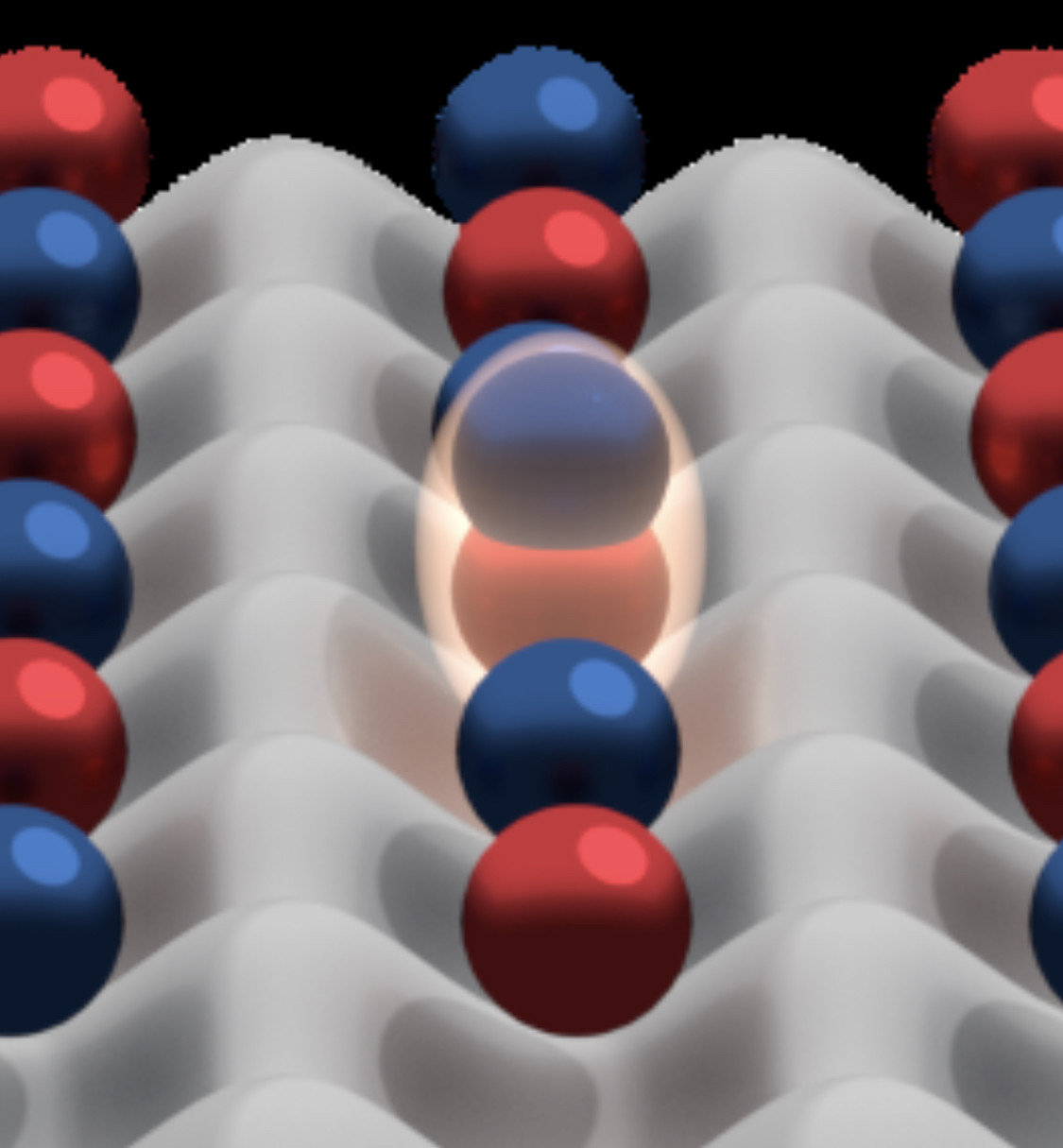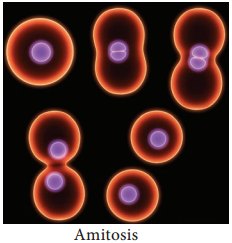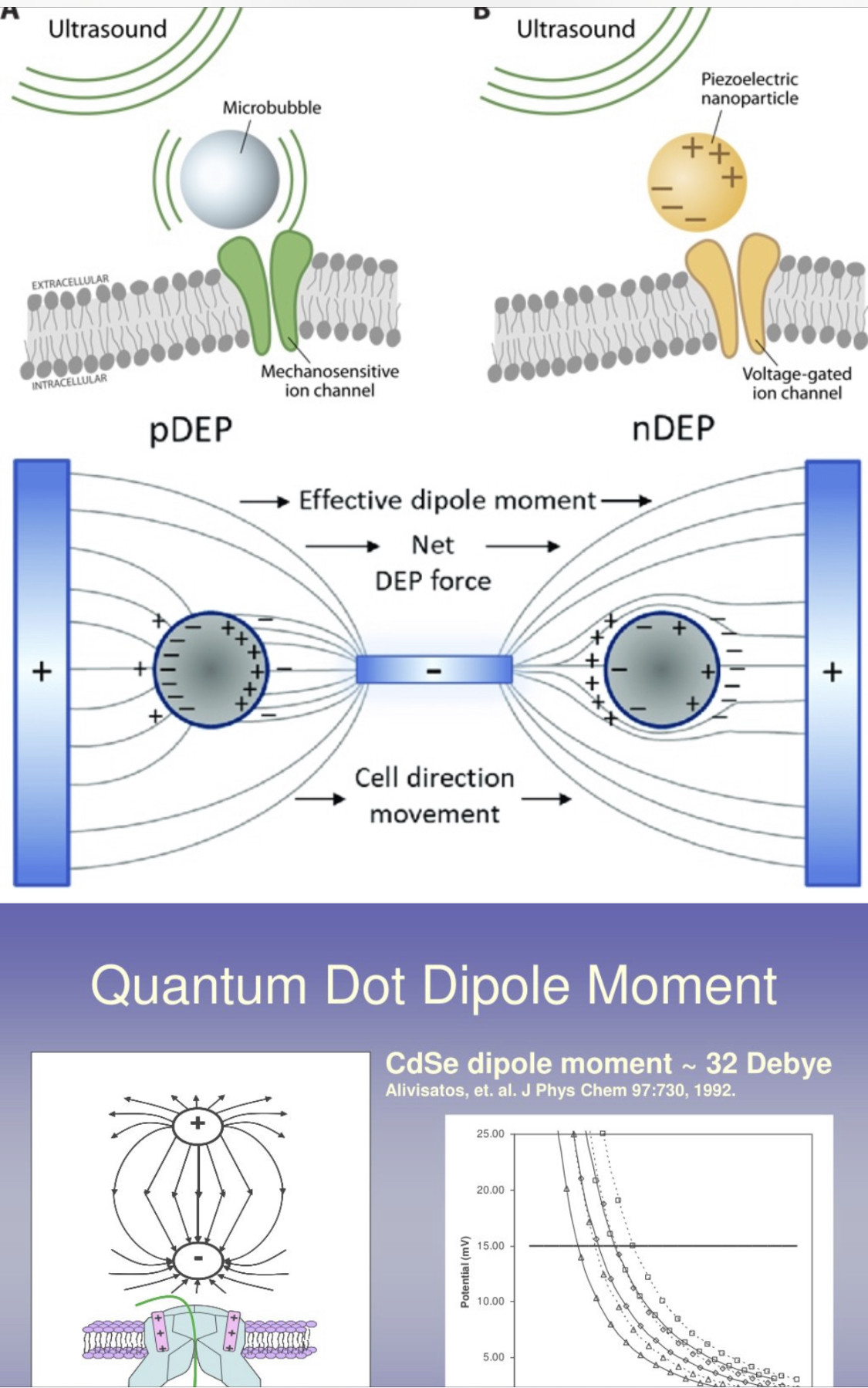@TheMac Here's your challenge.
There are anecdotal stories of Benadryl working for C19. Quinine, HCQ and Ivermectin. All of those reduce acetylcholine and, therefore, muscarinic and nicotinic receptor activity of organs.
Do they keep C19 from binding to organs? Is that the key to preventing C19? Do they disable the ability of C19 to bind to ACE2 receptors?
I was going to be a biochemist. [They] have biochemists working on these diabolical plots. So we need to look at mechanisms in the body. Thanks.
https://www.frontiersin.org/articles/10.3389/fpsyt.2017.00215/full
https://www.the-scientist.com/news-opinion/receptors-for-sars-cov-2-present-in-wide-variety-of-human-cells-67496
https://pubmed.ncbi.nlm.nih.gov/15141377/
Frontiers | Drugs Interfering with Muscarinic Acetylcholine Receptors and Their Effects on Place Navigation | Psychiatry
Muscarinic receptors have been found to regulate many diverse functions, ranging from motivation and feeding to spatial navigation, an important and widely studied type of cognitive behavior. Systemic administration of non-selective antagonists of muscarinic receptors, such as scopolamine or atropin..
https://www.frontiersin.org/articles/10.3389/fpsyt.2017.00215/fullHaving occurred by chance my mind is on stopping an oscillating charge of a dipole moment from occurring in the first place?
guarible (masculine and feminine plural guaribles)
curable
inguarible (masculine and feminine plural inguaribles)
incurable synonym,
Synonym: incurable
Antonyms: guarible, curable
inguérissable (plural inguérissables)
incurable (not capable of being cured)
synonym,
Synonym: incurable
Antonyms: curable, guérissable
unmissable
/ʌnˈmɪsəb(ə)l/
adjective
1.
so good that it should not be missed.
"the special effects make this an unmissable treat"
2.
so clear or obvious that it cannot be missed.
"an unmissable target"
my missing socks
unfussed (not comparable)
not concerned or interested, blase
fussing over nothing
My wife used the word "frumpy" once and I asked what it meant and she said "dowdy" and I quit while I was ahead!
Middle English (in the sense ‘rout, bring to ruin’): from Old French confus, from Latin confusus, past participle of confundere ‘mingle together’ (see confound). Originally all senses of the verb were passive, and therefore appeared only as the past participle confused ; the active voice occurred rarely until the 19th century when it began to replace confound .
From Middle English confusioun, from Old French confusion, from Latin confusio, confusionem.
Morphologically confuse + -ion.
(
Noun
confusion (usually uncountable, plural confusions)
A lack of clarity or order.
The state of being confused; misunderstanding.
discombobulations
discombobulate (third-person singular simple present discombobulates, present participle discombobulating, simple past and past participle discombobulated)
(transitive, humorous) To throw into a state of confusion; to befuddle or perplex.
Electron beams are late‐comers to the competition for an economical method of fusion energy release. The source of energy in existing atomic power plants is fission, in which large atoms are split; fusion squeezes small atoms to form heavier ones.
The chlorophyll's donated electrons need to be replaced, and these electrons come from the splitting of water. In a process called photolysis ('light' and 'split'), light energy and catalyst s interact to drive the splitting of water molecules into protons (H+), electrons, and oxygen gas.
In a now-famous talk on fusion in 1954, Edward Teller noted that any device with convex magnetic field lines would likely be unstable, a problem today known as the flute instability. The mirror has precisely such a configuration; the magnetic field was highly convex at the ends where the field strength increased.[a] This led to serious concern by Post, but over the next year, his team could find no sign of these problems. In October 1955 he went so far as to state that "it is now becoming clear that in the case of the mirror machine at least these calculations do not apply in detail."
In Russia, the first small-scale mirror ("probkotron") was built in 1959 at the Budker Institute of Nuclear Physics in Novosibirsk, Russia. They immediately saw the problem Teller had warned about. This led to something of a mystery, as the US teams under Post continued to lack any evidence of such problems. In 1960, Post and Marshall Rosenbluth published a report "providing evidence for the existence of a stability confined plasma... where the simplest hydromagnetic theory predicts instability."

